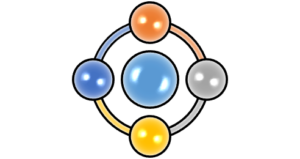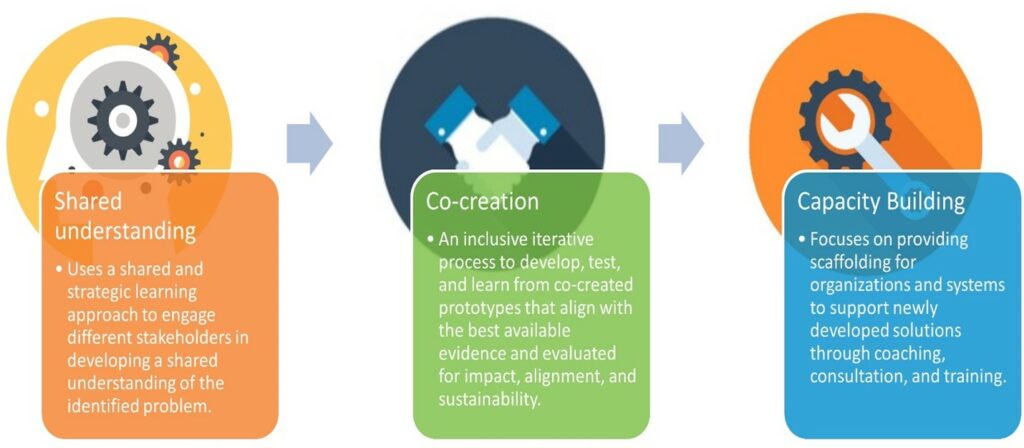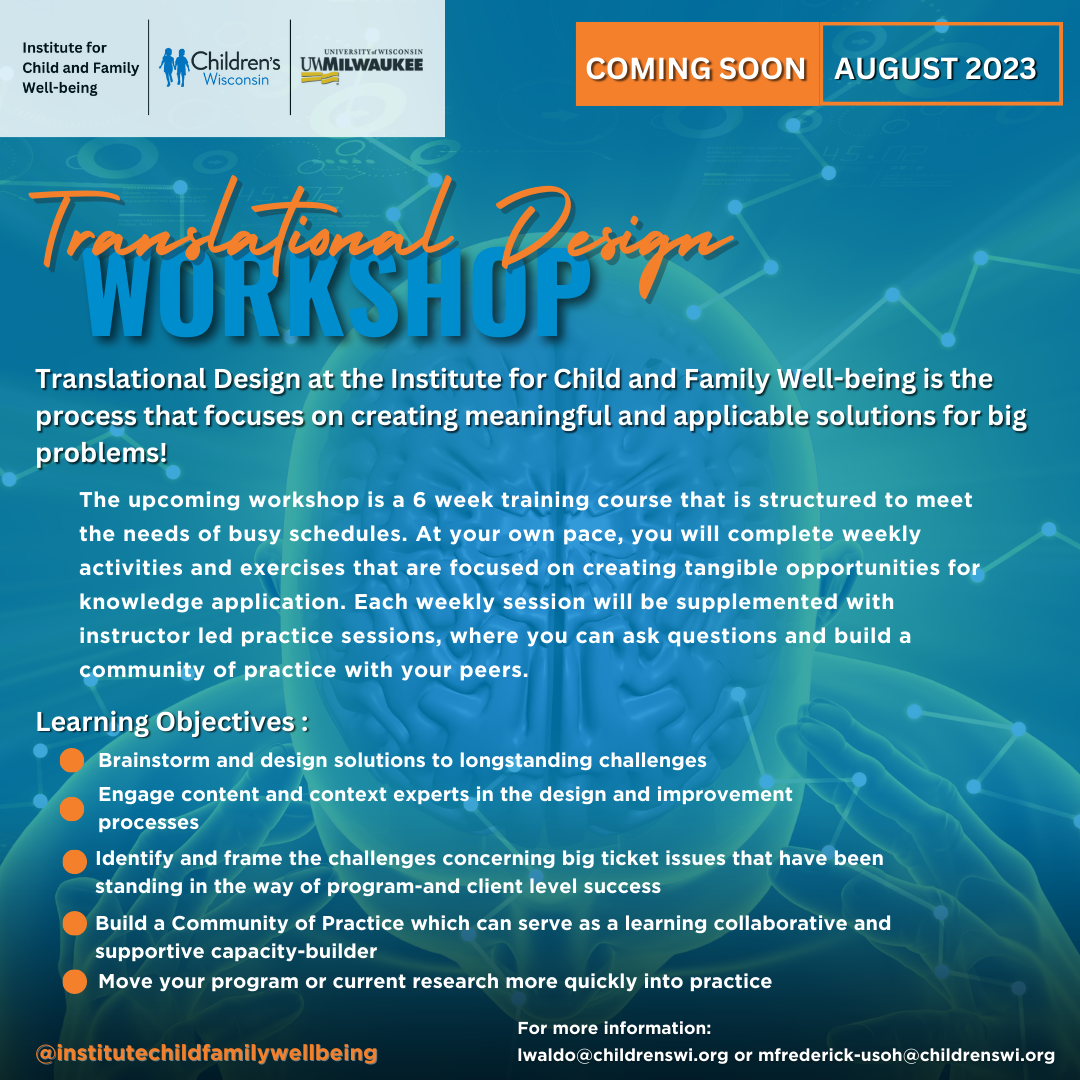Translational Design

Translate Science into Innovation
Improve Services for Overloaded Families
Families who experience significant stressors related to financial insecurity, housing instability, or the impact of systemic and interpersonal trauma can be overwhelmed with stress, which adversely impacts their ability to care for their children. If we ensure that communities are equipped to ease the burden on overloaded families, we make resilience a real possibility. In order to achieve that, we must invest in and create a culture around designing, testing and implementing human-centered and systems-responsive solutions that can be scaled and sustained to address the complex challenges that children and families experience.
A staggering 36,000 randomized controlled trials are published each year, on average, and it typically takes about 17 years for findings to reach clinical practice. Our understanding of brain science and human development has advanced dramatically in the past 20 years, and many of our evidence-based interventions have not caught up, so we must design and adapt solutions to ensure that they are effective.
An Overview
Translational Design brings together evidence with content experts (professionals) and context experts (individuals and families with lived experience) from across systems to develop a shared understanding, co-create solutions, and implement prototypes that draw on insights from the best available evidence. Translational Design is a process that draws on different disciplines, from Human Centered Design (PDF), Common Elements Approach (PDF), and Implementation Science (PDF) into a three-phase process.

Translational Design Workshop
Through an introductory session that explores why translational design is essential to balancing the latest brain science with the strengths and needs of your local context, participants will begin framing their programs through these questions:
- How might we center the voice and experience of overloaded families so that we may better understand their strengths, challenges and needs?
- How might we design our services so that they translate the latest science into the greatest possible impact on reducing the burden on overloaded families?
Over the course of the introductory session and individual coaching sessions, participants will:
- Develop a deeper understanding of the science of overloaded families.
- Engage content and context experts in the design and improvement processes.
- Identify and frame the challenges that overloaded families face.
- Brainstorm and design solutions to the challenges that the overloaded families face.
- Approach learning as an outcome.
- Build a Community of Practice who can serve as a learning collaborative and supportive capacity-builder.
Participants will also be introduced to the following tools:
- Basecamp
- Framing the Challenge
- Storyboard
- Theory of Change
- Learning Logs
- After Action Reviews
Projected outcomes for participants from coaching sessions:
- Increased confidence and capacity to design and test solutions based on the science of overloaded families.
- Increased capacity to deliver better outcomes for overloaded families using the Translational Design process.
If you are interested in joining a Translational Design workshop, please contact Luke Waldo at lwaldo@childrenswi.org.


